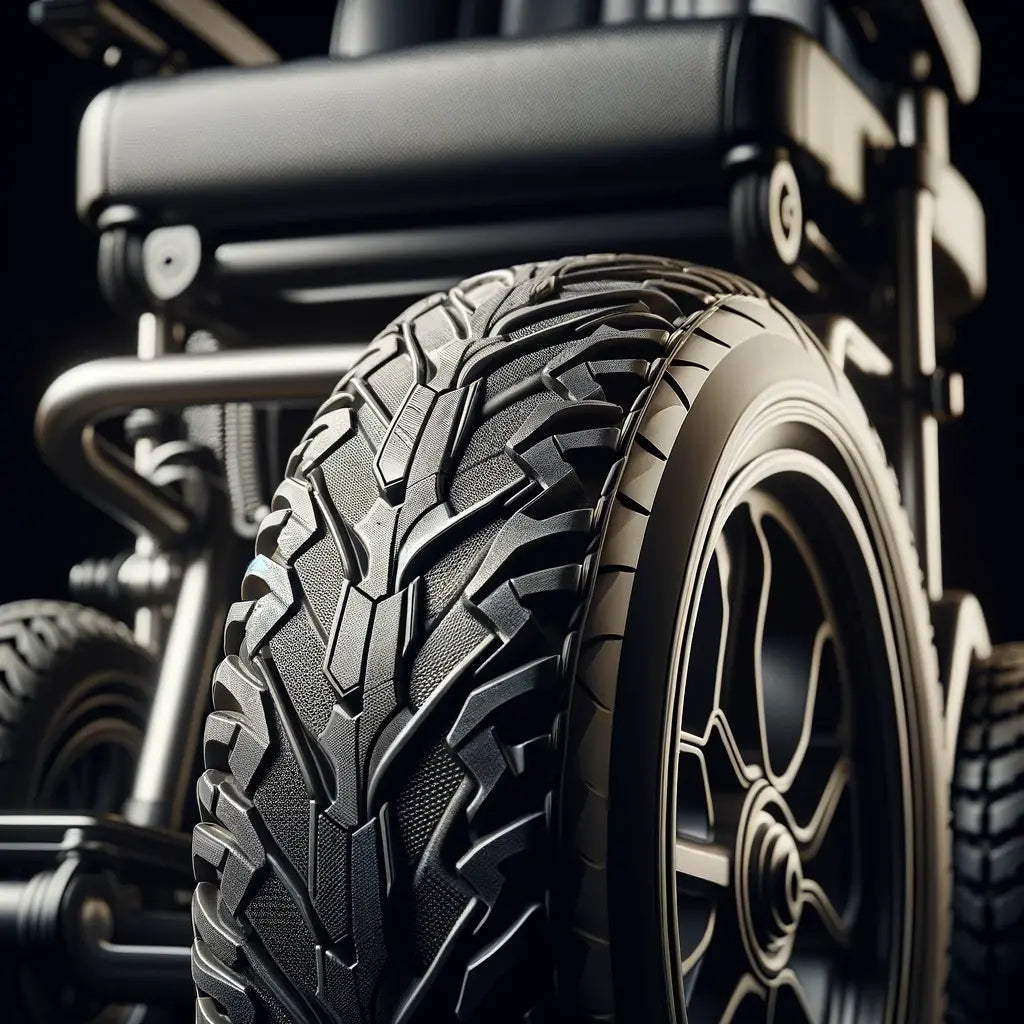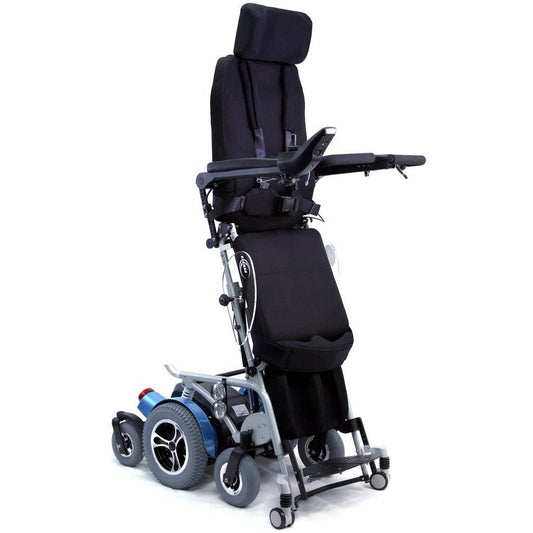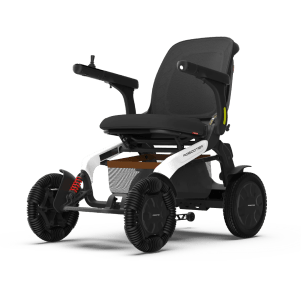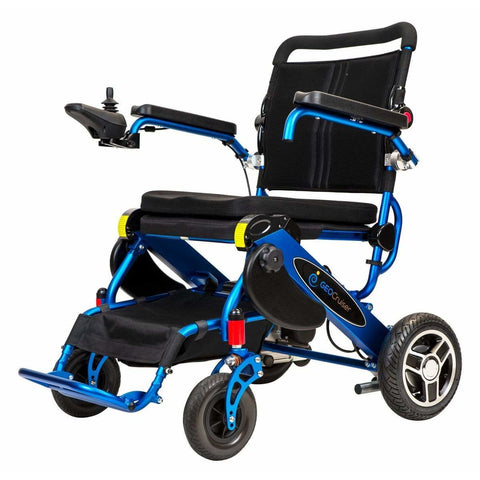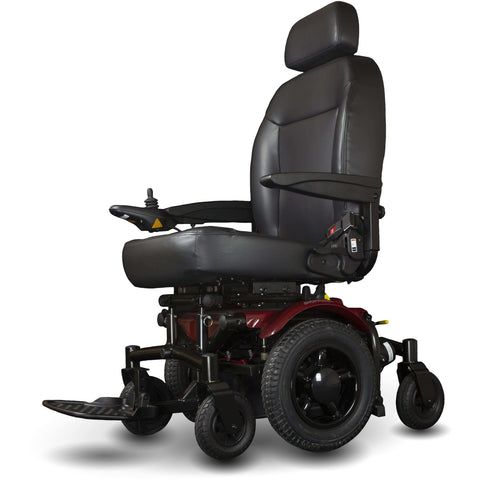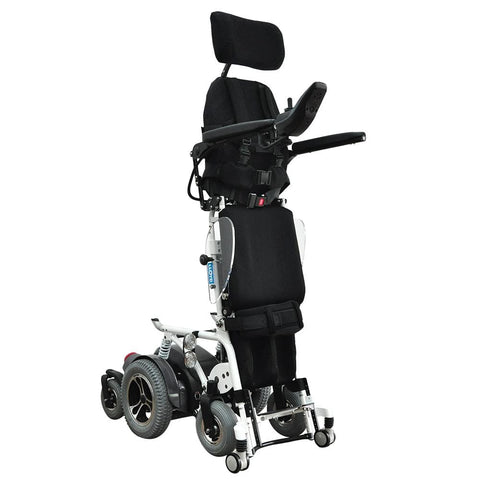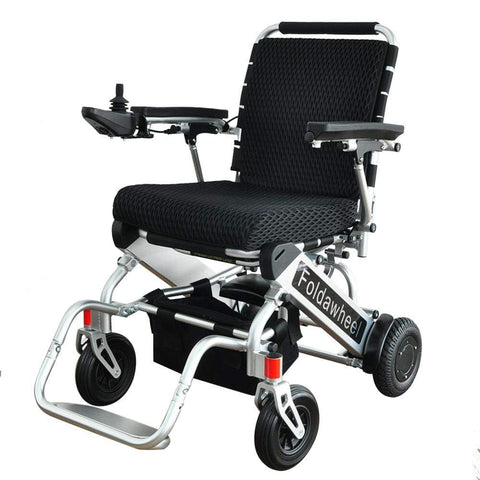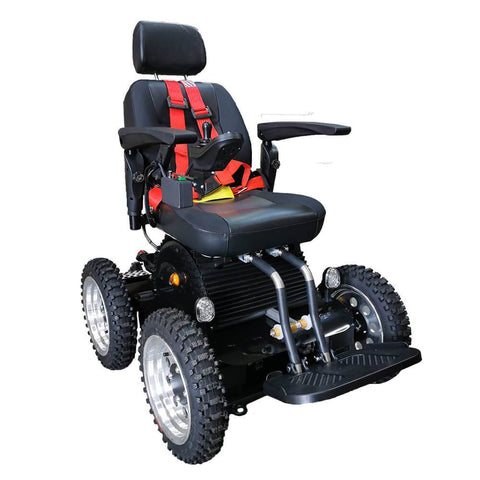Importance of wheelchair tire selection
Selecting the right tires for your wheelchair is crucial for your comfort and mobility. Considerations such as tire type, tread pattern, and tire size can significantly impact how smoothly and comfortably your wheelchair moves. Additionally, choosing the appropriate tires can enhance your ability to navigate different terrains and environments with ease, providing you with a better overall experience.

Factors affecting mobility with wheelchair tires
Wheelchair tires play a crucial role in determining how easily and comfortably a wheelchair moves. Here are some factors that can affect your mobility with wheelchair tires:
- Tire Type: Pneumatic tires are air-filled and provide a smoother ride, while solid tires require less maintenance but may feel harder.
- Tread Design: Tires with deeper treads provide better traction on rough surfaces, but smoother treads are more suitable for indoor use.
- Wheel Size: Larger wheels can make it easier to navigate obstacles like bumps and curbs, enhancing overall mobility.
- Wheelchair Weight: Heavier wheelchairs may require more effort to propel, affecting your ease of movement.
- Terrain: Different tires are designed for specific terrains, such as indoor, outdoor, or all-terrain, so choose tires that suit your usual environment.
Different types of wheelchair tires
There are primarily three types of wheelchair tires: pneumatic, solid, and foam-filled.
- Pneumatic tires are like bike tires, filled with air for a smooth and comfortable ride. They are great for outdoor use on rough terrain but can puncture and require maintenance.
- Solid tires are puncture-proof and low maintenance but provide a firmer ride due to their dense construction. They are ideal for indoor use and smooth surfaces.
- Foam-filled tires combine the benefits of pneumatic and solid tires. They are puncture-resistant like solid tires but offer a softer ride like pneumatic tires. They are suitable for both indoor and outdoor use.
Impact of tread design on wheelchair performance
The tread design of wheelchair tires affects how well the wheelchair performs. Tires with thicker treads provide more traction and are better for outdoor use. On the other hand, tires with smoother treads are ideal for indoor surfaces as they offer smoother rides. Choosing the right tread design is crucial for maximizing both mobility and comfort in your wheelchair.
Tire pressure and its influence on comfort
Maintaining the correct tire pressure in your wheelchair is essential for a smooth and comfortable ride. Low tire pressure can make your wheelchair harder to push and maneuver, causing discomfort and reducing mobility. On the other hand, overinflated tires can lead to a bumpy and jarring ride. To ensure optimal comfort and performance, regularly check your wheelchair tire pressure and follow the manufacturer's recommended guidelines.
Durability and maintenance of wheelchair tires
Wheelchair tires play a crucial role in your mobility and comfort. Regularly cleaning and inspecting your wheelchair tires is important to ensure they are in good condition. Proper inflation is key to maintaining durability and performance. Consider the terrain you frequently navigate as it can affect tire wear. High-quality tires typically last longer and provide better comfort. Remember, replacing worn-out tires promptly can prevent accidents and improve your overall experience.
Enhancing mobility with specialized wheelchair tires
Specialized wheelchair tires can improve your mobility and comfort significantly. These tires are designed to provide better traction and stability, making it easier for you to maneuver your wheelchair. Depending on your needs, you can choose tires that are more durable, offer a smoother ride, or are easier to push. Air-filled tires are great for shock absorption, solid tires require less maintenance, and foam-filled tires provide a balance of comfort and durability. Upgrading to specialized wheelchair tires can make a noticeable difference in your everyday mobility.
Customizing wheelchair tires for individual needs
You can customize your wheelchair tires to match your specific requirements. Different tires offer varying levels of smoothness, grip, and durability.
- Air-filled tires: Provide a softer ride but may require more maintenance to prevent punctures.
- Solid tires: Require minimal maintenance but are a bit firmer, impacting comfort.
- Foam-filled tires: Strike a balance between air-filled and solid tires, offering a smoother ride with less maintenance.
Consider your daily activities and preferences when choosing the right tires for your wheelchair.
Tips for improving comfort with proper tire care
Regular maintenance of your wheelchair tires is crucial to ensure optimal comfort and mobility. Here are some simple yet essential tips:
- Keep tires properly inflated to the recommended pressure.
- Check for any signs of wear and tear regularly.
- Clean tires to prevent debris buildup.
-
Consider investing in quality tires designed for enhanced comfort and durability.
Remember, taking care of your wheelchair tires can make a significant difference in your overall comfort and ease of movement.
Conclusion: Optimizing mobility and comfort with the right wheelchair tires
After considering various factors, it's clear that choosing the right wheelchair tires is crucial for enhancing both mobility and comfort. Opting for tires with the right tread and durability can significantly improve your overall wheelchair experience. Remember, it's essential to select tires that match your specific needs and lifestyle to ensure maximum comfort and ease of movement. By investing in the proper wheelchair tires, you can optimize your mobility and comfort levels, leading to a better quality of life.

